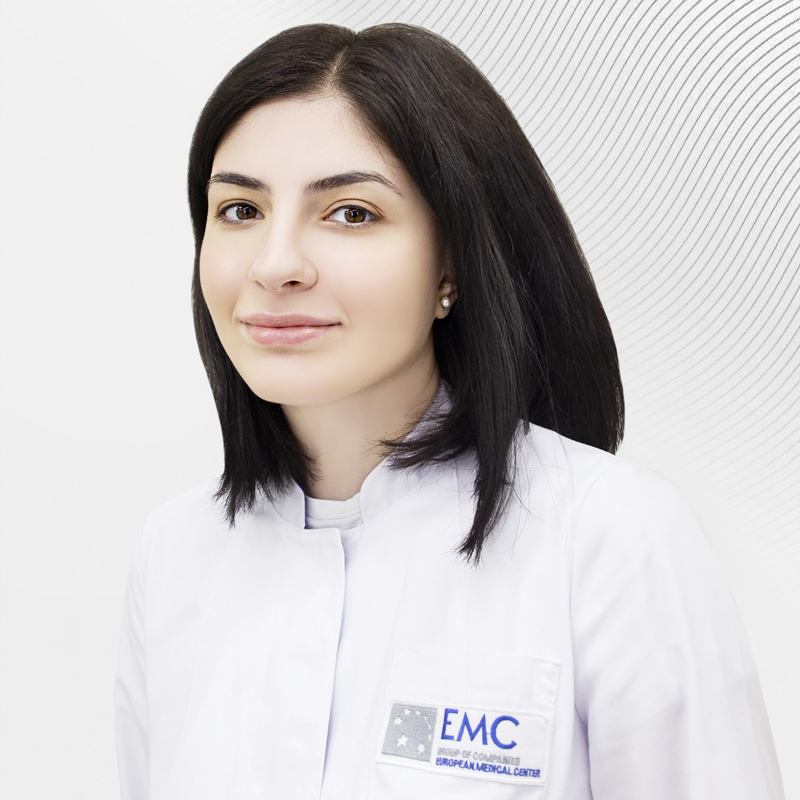
In vitro fertilization (IVF)

Programs
The choice of the program depends on the age, the health status of the partners, and the factors that led to infertility. We try to reduce the amount of exposure to the female body, so we prefer a program with minimal hormonal stimulation of the follicles. This is a gentle protocol where lower dosages of drugs are used than in the standard protocol. Follicle stimulation is linked to the menstrual cycle, it begins 2-3 days after the start of discharge, but modern technology allows you to start stimulation on almost any day of the cycle. Our doctors are fully familiar with this technique, it is especially important when egg collection needs to be carried out as soon as possible, for example, before starting treatment with drugs that are toxic to the body and eggs. Egg maturation occurs in the follicular phase of the cycle, which is as close as possible to natural processes.
We also use programs without stimulation. In this case, the eggs mature without additional effects on the female body. This option may be indicated if hormonal stimulation is not possible, as well as in cases where infertility is caused, for example, by a male factor.
The EMC offers the possibility of IVF using donor biomaterials, as well as a surrogacy program.
Indications
The indication for IVF is infertility, the treatment of which by other methods did not lead to pregnancy within 6-12 months, depending on the age of the woman, from the moment of diagnosis. The technology is also used in cases where conception is impossible in any other way.
Limitations and contraindications
Restrictions on IVF are:
-
decreased ovarian reserve.
-
disorders of the reproductive organs requiring surgical intervention;
-
inflammatory diseases in the acute phase;
-
conditions in which there are indications for surrogacy.
Other limitations may be identified during the examination. In each case, the decision on the possibility of the procedure is made by a doctor or a team of doctors.
Contraindications to IVF are severe somatic pathology, congenital malformations, malignant diseases, the full list of contraindications can be viewed here.
Preparation
In our clinic, the preparation begins with a consultation with a reproductive specialist. This is a mandatory stage that includes:
1. Survey:
-
the doctor examines in detail the history of the woman, her partner and close relatives (lifestyle, predisposition to diseases and much more);
-
collecting a gynecological history;
-
we analyze previous IVF protocols (if any).
2. Ultrasound with primary assessment of ovarian function.
3. Appointment of an examination to clarify the diagnosis and make a decision on IVF.
4. In the presence of a partner, a spermogram is evaluated and a urologist is consulted if there are disorders of spermatogenesis.
After the examination, a way to overcome infertility is chosen. If in vitro fertilization is indicated, the stimulation protocol, the method of fertilization and embryo transfer are determined, and a calendar schedule of all stages is planned.
IVF stages
Ovarian stimulation
The stimulation program begins with injections of follicle-stimulating hormone (FSH), which causes several follicles to mature in the ovaries. The stimulation scheme depends on the age of the woman, her hormonal background, and previous IVF experience, if any. FSH is administered within 10 days, during which time 2-3 ultrasound examinations are performed to monitor follicle maturation. This makes it possible to adjust the dosage of the drug in a timely manner.
Egg sampling
After the follicles have reached a size of 18-20 mm, an injection of the drug necessary for the final maturation of the egg is performed. After 35 to 36 hours, an ovarian puncture is performed, during which eggs and follicular fluid are taken from them.
The procedure is performed under mild sedation, takes 10-15 minutes, after which the woman wakes up and goes under the supervision of our specialists. The total time spent in the clinic is about 3 hours.
Embryological stage
After the eggs are collected, reproductologists evaluate their quality, while the collection, purification and preparation of spermatozoa takes place in parallel.
The procedure can be performed according to the classical scheme (a suspension with spermatozoa is added to the collected eggs) or using ICSI/IMSI technology/PIXIE is when a pre-selected sperm is injected into a selected egg.
At the EMC Reproduction Center, we most often resort to ICSI. This allows you to examine the egg for maturity, quality and predisposition to fertilization, and also makes it possible to choose the best sperm to ensure its entry into the egg. With the classical scheme, this process is difficult to control, which makes it difficult to predict the results.
Embryo transfer

After 3 to 5 days, the embryos are ready to be transferred to the uterine cavity. The procedure is painless, takes several minutes, and the woman is conscious. The process is monitored by ultrasound. The transfer uses EmbryoGlue® , which increases the probability of pregnancy.
One or two embryos can be transferred at the same time, the remaining embryos can be frozen and stored in a cryocamber. Currently, the tactics of embryo transfer are increasingly being used not in the cycle when the eggs were collected, but after 1-3 cycles. This allows you to minimize the load on the body and additionally prepare for the transfer. If pregnancy has not occurred, cryopreserved embryos can be used for the next attempt. In this case, the woman will not have to go through the ovarian stimulation stage again.
Results
14 days after the transfer, the woman is invited to the clinic for analysis for HCG, a hormone whose level increases with the onset of pregnancy. If the result is positive, we accompany the patient for a period of 7-8 weeks, after which we transfer her to the supervision of obstetricians and gynecologists.
The EMC Clinic for Reproductive and Prenatal Medicine in Moscow uses an individual approach, so the cost of the program is formed from the cost of the services required in each case, and not in a package.
You can prepare for the initial consultation in advance by filling outpatient's questionnaire. Print it out and bring it to the reception.
Doctors
.jpg)
.jpg)
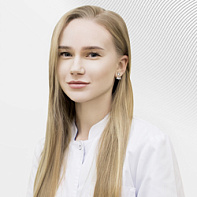
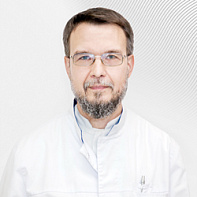
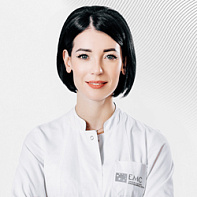
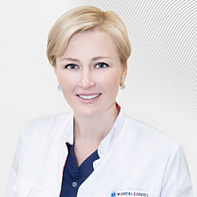
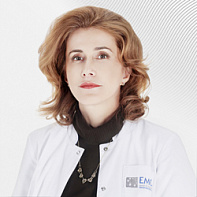
.jpg)
.jpg)
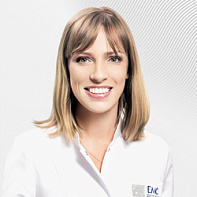
- Conducts the reception of patients with infertility, miscarriage, conducts all stages of ART programs
- Performs diagnostics and treatment of a full range of gynecological pathology (management of patients with endometriosis, uterine fibroids, polycystic ovarian syndrome, menstrual disorders)
- She graduated from the Russian National Research Medical University named after N.I. Pirogov with a degree in Medical Science and a residency in Obstetrics and Gynecology
